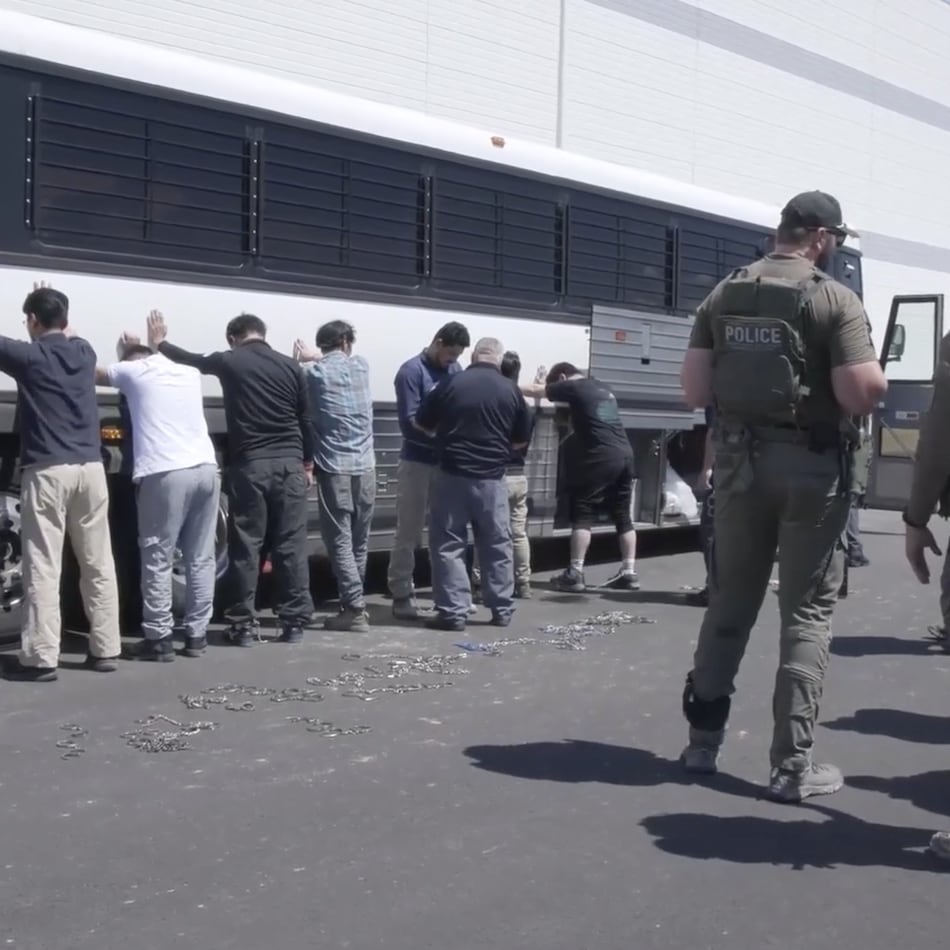WASHINGTON (AP) — Chief Justice John Roberts on Tuesday temporarily kept in place the Trump administration’s decision to freeze nearly $5 billion in foreign aid.
Roberts acted on the administration’s emergency appeal to the Supreme Court in a case involving billions of dollars in congressionally approved aid. President Donald Trump said last month that he would not spend the money, invoking disputed authority that was last used by a president roughly 50 years ago.
The high court order is temporary, though it suggests the justices will reverse a lower court ruling that withholding the funding was likely illegal. U.S. District Judge Amir Ali ruled last week that Congress would have to approve the decision to withhold the funding.
Trump told House Speaker Mike Johnson, R-La., in a letter Aug. 28 that he would not spend $4.9 billion in congressionally approved foreign aid, effectively cutting the budget without going through the legislative branch.
He used what’s known as a pocket rescission. That’s when a president submits a request to Congress toward the end of a current budget year to not spend the approved money. The late notice means Congress cannot act on the request in the required 45-day window and the money goes unspent.
The Trump administration has made deep reductions to foreign aid one of its hallmark policies, despite the relatively meager savings relative to the deficit and the possible damage to America’s reputation abroad as foreign populations lose access to food supplies and development programs. The administration turned to the high court after a panel of federal appellate judges declined to block Ali’s ruling.
Justice Department lawyers told a federal judge last month that another $6.5 billion in aid that had been subject to the freeze would be spent before the end of the fiscal year Sept. 30.
The case has been winding its way through the courts for months, and Ali said he understood that his ruling would not be the last word on the matter.
“This case raises questions of immense legal and practical importance, including whether there is any avenue to test the executive branch’s decision not to spend congressionally appropriated funds,” he wrote.
In August, the U.S. Court of Appeals for the District of Columbia Circuit threw out an earlier injunction Ali had issued to require that the money be spent. But the three-judge panel did not shut down the lawsuit.
After Trump issued his rescission notice, the plaintiffs returned to Ali’s court and the judge issued the order that’s now being challenged.
The Latest
Featured


